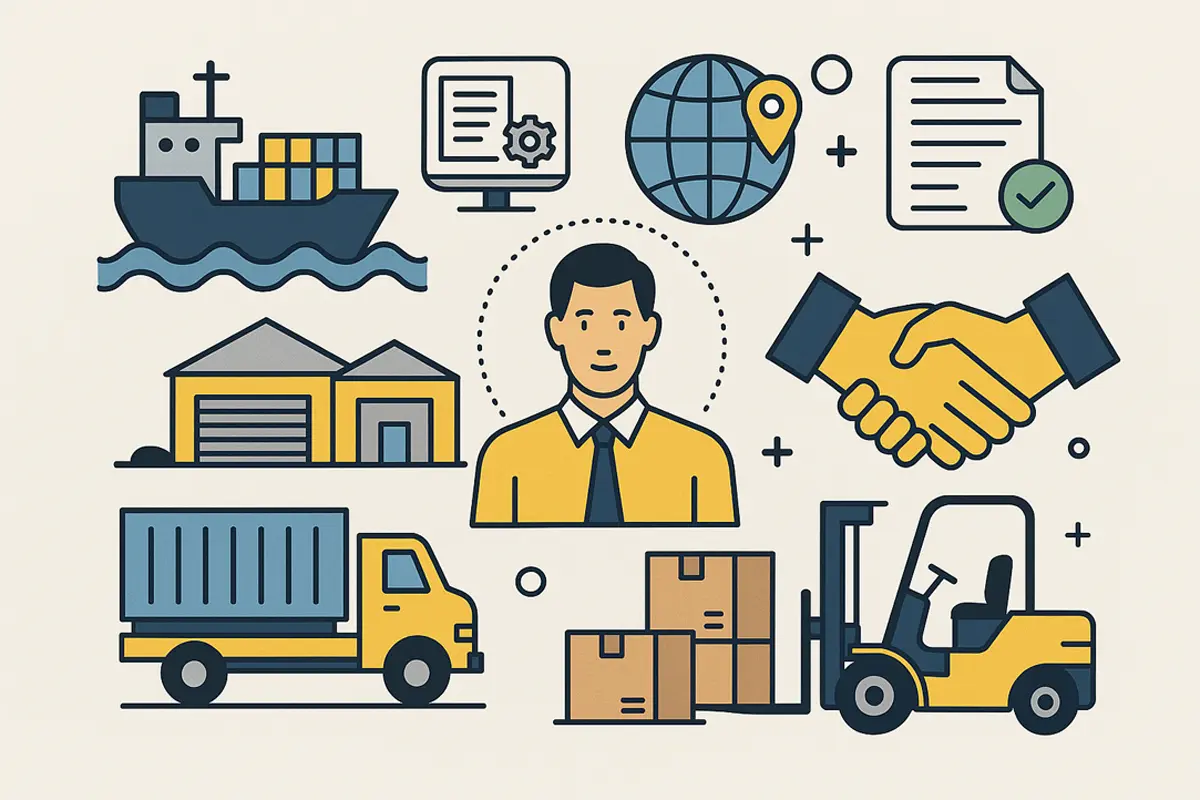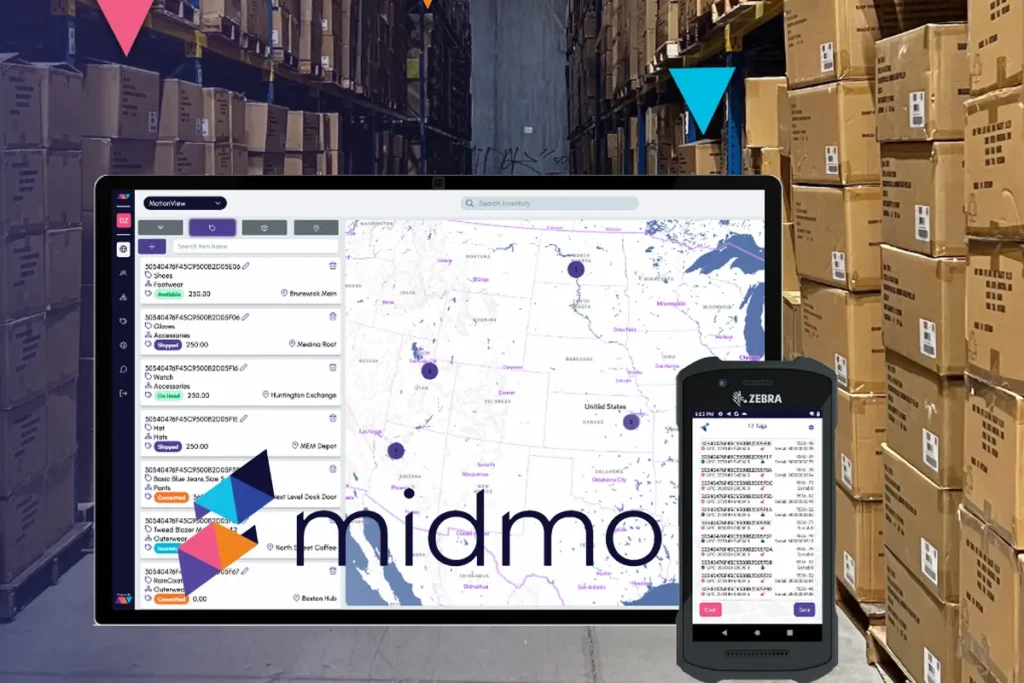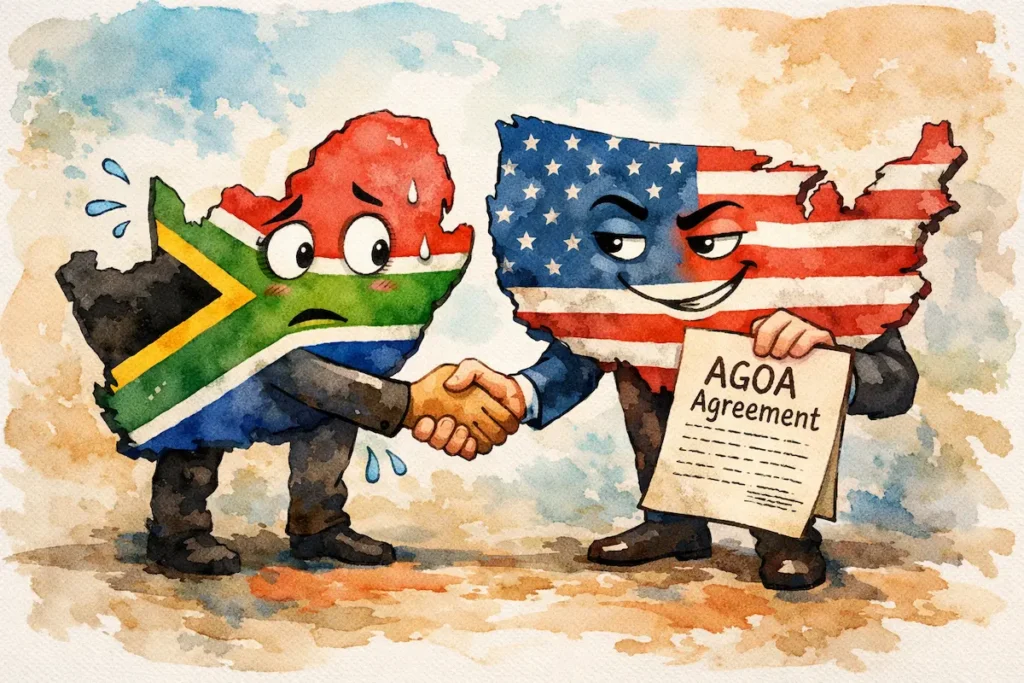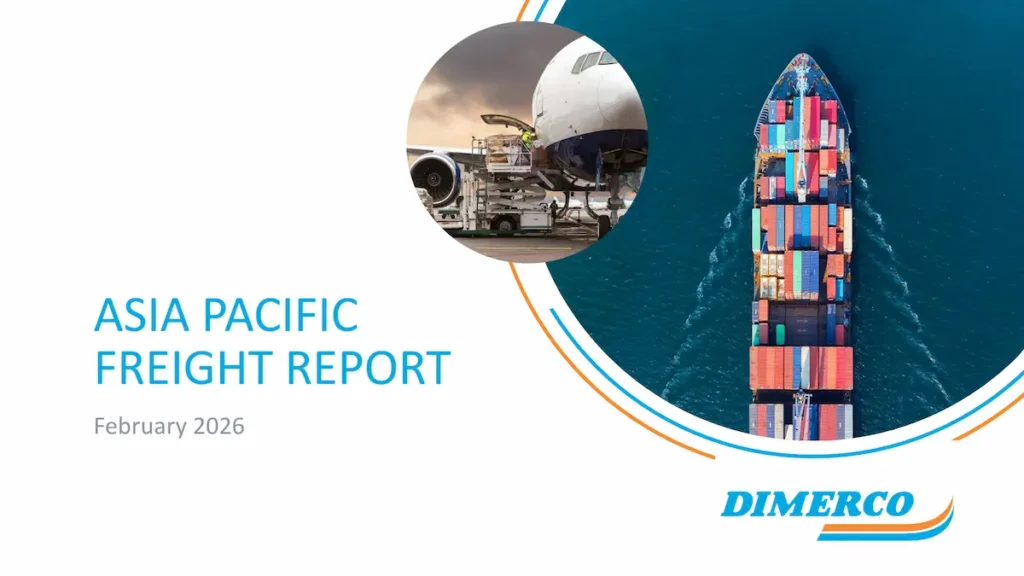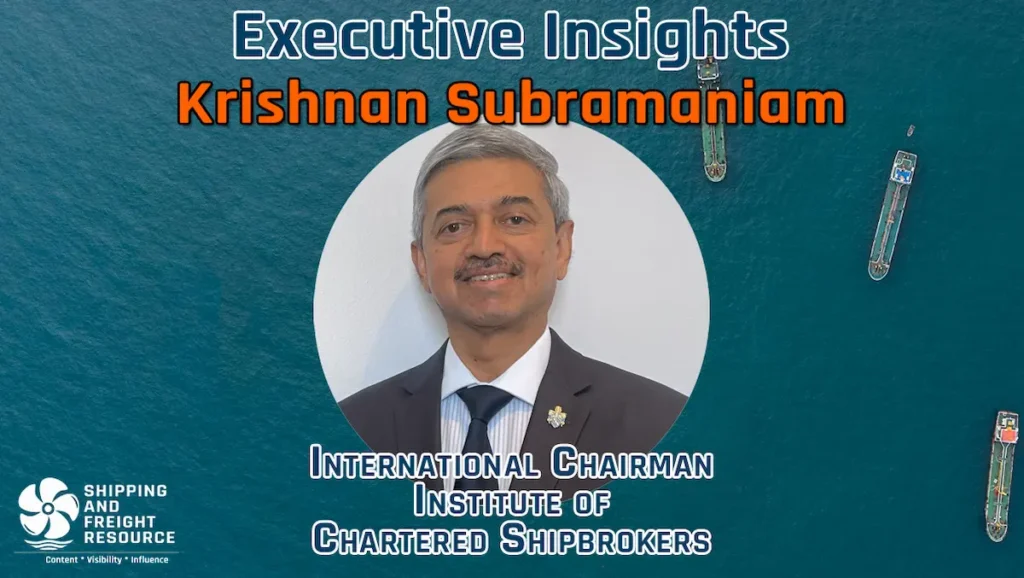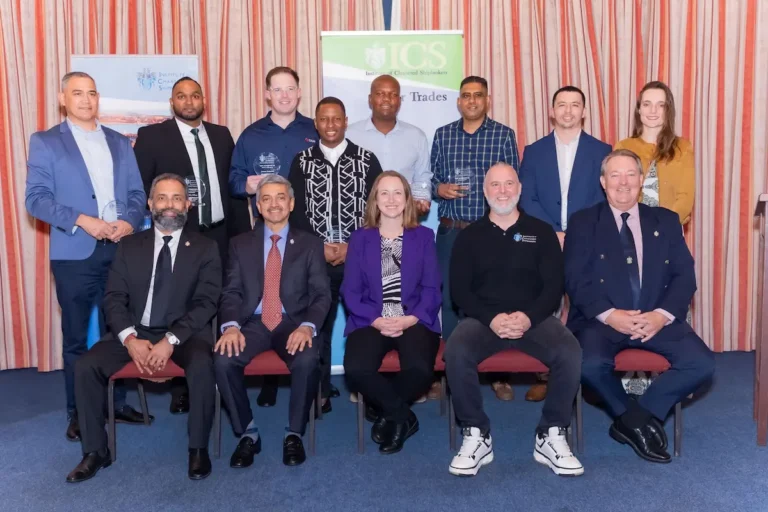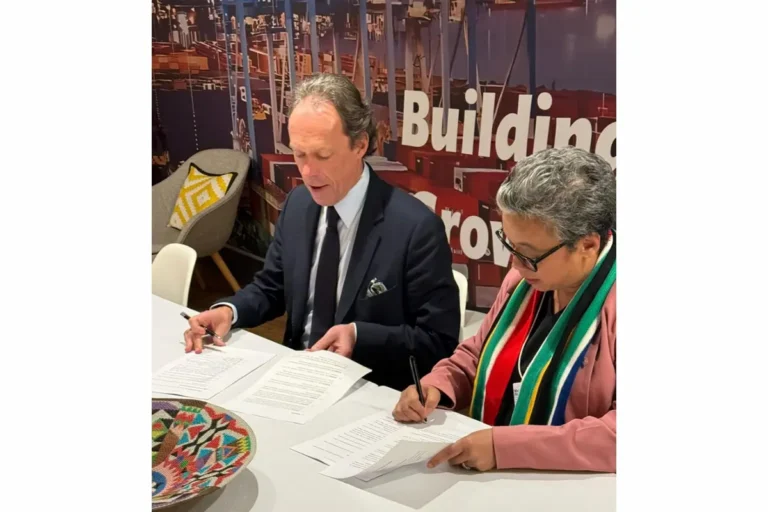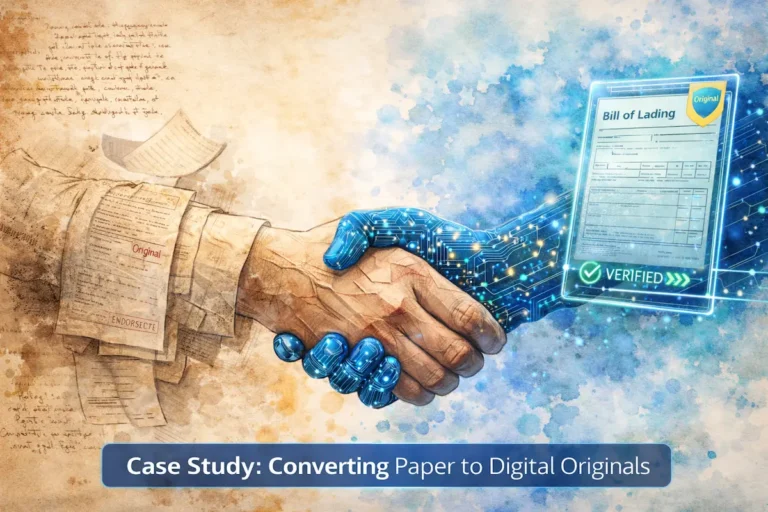For the past few years, the logistics industry has been reshaped by extremes..
Behemoth integrators and giant freight forwarders on one side and tech startups and micro-agents at the other end of the spectrum are dominating the “disruption” narrative..
But somewhere in between sits a rapidly maturing force that is reshaping freight dynamics: “The Freight Middle Class“..
About the freight middle class
Mid-size freight forwarders—those with regional strength, sector-specific expertise, and hybrid digital models—are fast becoming the new backbone of global trade..
Why? Because they are agile enough to adapt, big enough to scale, and personal enough to retain client trust..
In today’s volatile market, shippers are prioritising flexibility and risk mitigation.. Large players may offer scale but often lack responsiveness..
Small players may be nimble but cannot always manage cross-border complexities or sustain long-term SLAs.. Mid-sized forwarders are striking the perfect balance..
They offer personal relationships, local knowledge, and customized services without the rigidity of enterprise systems or the fragility of undercapitalised operations..
Some of these mid-size players are also investing smartly, embracing modular technology stacks with the potential to integrate with eBL systems, visibility platforms, invoice validation tools, and freight payment engines without overhauling their entire operations..
This approach to digital adoption—one that is both strategic and scalable—is allowing them to punch above their weight..
Dependability and Specialization
Another defining characteristic of the freight middle class is their commitment to deep vertical expertise and specialization..
While larger players often take a “one-size-fits-all” approach, mid-size forwarders are tailoring their services to specific industries such as automotive, pharmaceuticals, perishables, fashion, project cargo and others..
In doing so, they gain repeat business from clients who value specialization and dependability over low-cost generalization..
One such player is Globelink West Star Shipping, headquartered in Dubai, UAE..
Globelink West Star has created a unique business model specializing in niche product verticals such as LCL export, US FCL & LCL trade, Automotive, Exhibition, Hospitality, and Project logistics, among other regular offerings..
“For our customers, this specialization means that our staff are more focused on their shipments.. Based on their extensive experience in this field they able to provide efficient solutions when there are logistical or supply chain challenges..” says Sumesh Nair – Commercial Director of Globelink West Star Shipping..
This slideshow requires JavaScript.
Some of GWS’s project cargoes include handling Dubai Parks and Resorts (DPR) shipping, logistics, warehousing, and customs brokerage exclusively, and Dubai Expo 2020 for 52 countries as part of the Exhibition Logistics..
These mid-size forwarders do not just move containers, they understand the intricacies of these specialized logistics, regional port bottlenecks, phytosanitary documentation, and seasonal demand cycles..
These insights make them indispensable to shippers who need more than just transportation, they need a partner who understands their business reality..
Moreover, these companies are increasingly engaging with industry networks and compliance platforms to ensure their services meet the expectations of both regulators and customers..
Cultural advantages
These mid-sized forwarders have a big advantage that the global giants may not have and that is the speed with which operational decisions are made..
“Our lean management structure ensures that management is always hands on, actively involved in day-to-day business of the organization with limited-to-zero hierarchical process in making decisions..” SAYS Sreekumar Sivasankaran – Commercial Director..
What is also notable is their cultural advantage.. Mid-size forwarders are often family-owned or employee-driven enterprises that prioritize long-term relationships over short-term profit..
Globelink West Star recently celebrated its 35th anniversary.. Attributing staff loyalty and dedication for this milestone achievement, Martin J. Aranha, Managing Director and CEO of Globelink West Star Shipping, said
“We are proud to have been recognized as the Great place to work in the UAE, GCC, Middle East, for Millennials, for parents in 2024.. 55% of our 850 colleagues have been associated with the organization for over 10 years,” said Martin..
This ethos leads to lower customer churn, faster service recovery, and a hands-on approach that is hard to find in large corporates.. In a service industry where consistency and responsiveness matter, this personal touch becomes a real differentiator..
“For our customers, this means they need not deal with new people often as and when they change companies, here with us, customers have a long bonding with our staff, which is good for our long business relationships,” added Sumesh..
Sustainability and the freight middle class
The freight middle class is also embracing sustainability—not in flashy ways, but in practical ones..
They are consolidating shipments to reduce carbon emissions, digitizing documentation to reduce paper waste, and optimizing last-mile delivery through collaborative logistics models..
They may not all publish glossy ESG reports, but their operational choices reflect a grounded commitment to responsible logistics..
Globelink West Star Shipping is an excellent example of such sustainable practices collaborating with the likes of CMA CGM, Air France, KLM, Maersk, and other like-minded sustainable organizations..
Based on these and other sustainable practices, Globelink West Star’s commitment to environmental sustainability has been acknowledged by Emirates Environmental Group (EEG) and ranked as one of the UAE’s top environmentally conscious corporates..
Challenges facing the freight middle class
In many ways, this segment is quietly shaping the future of global freight.. They are forming regional coalitions, investing in shared warehousing, experimenting with blockchain-enabled custody logs, and leveraging cross-border fintech tools to smooth payments and reduce risk..
What is emerging is a class of forwarders who are not just reactive service providers but proactive architects of resilient supply chains..
Challenges, of course, remain.. Talent acquisition is one.. As demand grows, mid-size firms often struggle to recruit and retain professionals who can blend logistics knowledge with digital savviness..
Another challenge is capital access.. While fintech is beginning to address trade finance gaps, many mid-sized players still face hurdles when expanding internationally or investing in technology upgrades.. This is where industry alliances and smart partnerships will play a pivotal role..
Governments and industry bodies must also pay closer attention to this middle segment.. Policy frameworks often ignore them in favour of large port authorities or global shippers..
Yet, mid-sized forwarders are often the connective tissue between rural producers and global markets, between customs and carriers, between last-mile logistics and international lanes..
Enabling them through favourable policy, simplified compliance tools, and infrastructure support is not just smart—it is essential..
Conclusion
In conclusion, the freight middle class may not always make headlines, but they are increasingly making the supply chain work.. They are resilient, relevant, and ready..
And as global logistics continues to evolve, it will be this segment—not just the giants or the disruptors—that ensures trade keeps flowing even in turbulent times..
Because in a world where agility, trust, and adaptability matter more than ever, it is not always the biggest that wins—it is the smartest, the fastest, and the most connected..

